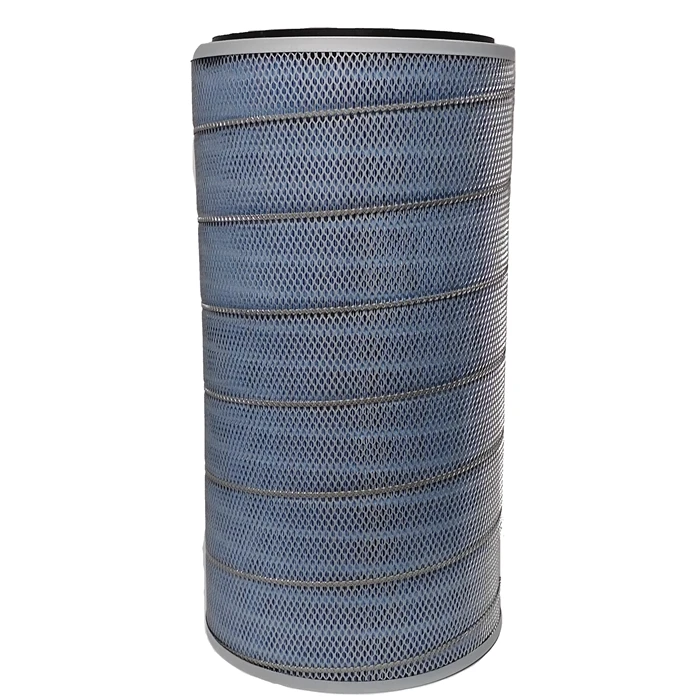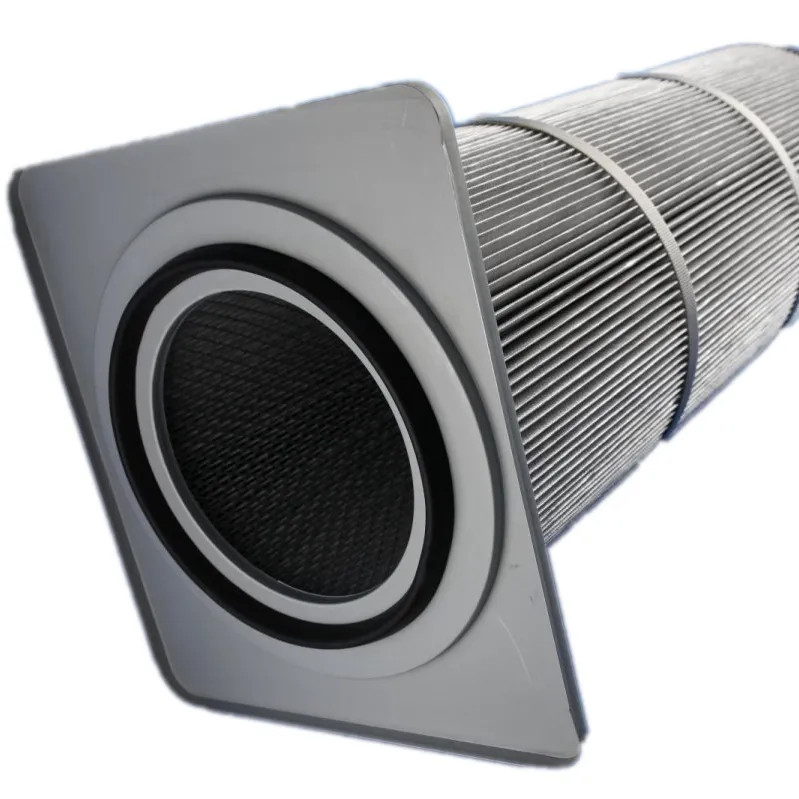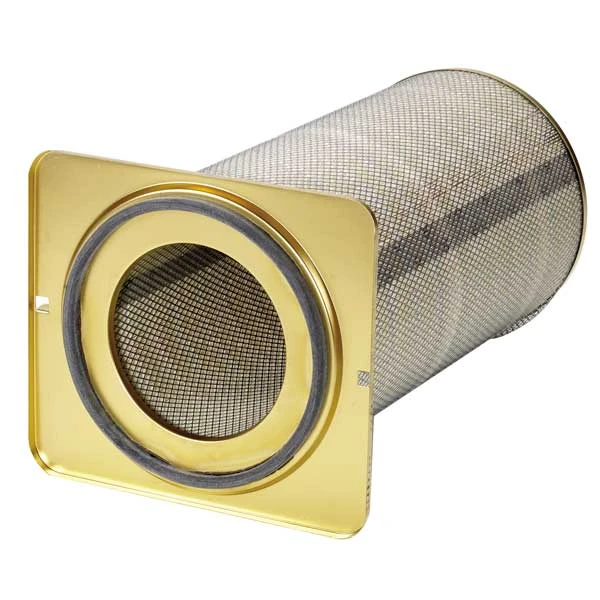 Tel:
+8618931101301
Tel:
+8618931101301
أغسطس . 25, 2024 11:14 Back to list
Optimizing Air Filtration for Gas Turbine Performance and Efficiency
The Importance of Air Filters in Gas Turbines
Gas turbines play a crucial role in modern energy production and propulsion systems, powering everything from jet engines to power plants. However, their performance and longevity are heavily influenced by the quality of the air that enters the system. This is where air filters come into play. Understanding the importance of air filters in gas turbines can help operators ensure efficient and reliable performance.
The Role of Air Filters
Air filters in gas turbines serve the primary purpose of removing particulates, contaminants, and pollutants from the air before it enters the combustion chamber. The quality of air is critical for the combustion process, as impurities can lead to inefficient burning, resulting in increased fuel consumption and harmful emissions. By capturing dust, dirt, and other particulate matter, air filters help maintain optimal operation conditions, enhancing the efficiency and performance of the turbine.
Types of Air Filters
There are several types of air filters used in gas turbines, each designed to meet specific operational requirements
. The most common types include1. High-efficiency Particulate Air (HEPA) Filters These filters are designed to trap a significant amount of airborne particles. They provide excellent filtration efficiency and are capable of capturing particles as small as 0.3 microns.
2. Synthetic Filters Made from synthetic fibers, these filters offer high dirt-holding capacity and are designed for high airflows. They are also resistant to moisture and can handle harsh environmental conditions.
3. Oil-Mist Filters In systems where lubricants are used, oil-mist filters remove oil particles from the air to prevent contamination in the combustion process.
4. Pre-filters These are typically coarse filters designed to capture larger particles before they reach the main filtration system. Pre-filters help prolong the life of the more expensive fine filters.
gas turbine air filter

Benefits of Effective Filtration
Implementing a high-quality air filtration system in a gas turbine offers multiple benefits. Firstly, it enhances the efficiency of the combustion process by ensuring that only clean air enters the system. This leads to more complete combustion, which translates to improved thermal efficiency and lower fuel consumption.
Secondly, air filters protect the turbine blades and other internal components from erosion and damage caused by abrasive particles. This protective function is crucial for maintaining the integrity of the turbine, as degraded components can lead to costly repairs and downtime.
Additionally, effective air filtration contributes to lower emissions. Cleaner combustion results in a reduced formation of pollutants such as nitrogen oxides (NOx) and particulate matter, aligning with environmental regulations and promoting sustainable operation.
Maintenance and Monitoring
To maximize the benefits of air filters, regular maintenance and monitoring are essential. Operators should establish a routine inspection schedule to check for any signs of filter clogs or degradation. Monitoring the pressure drop across filters can provide insight into their condition — excessive pressure drop often indicates that a filter needs cleaning or replacement.
Moreover, advancements in technology, such as smart sensors, can help automate monitoring processes, alerting operators when filters need attention.
Conclusion
In conclusion, the role of air filters in gas turbines is pivotal for ensuring optimal performance, efficiency, and environmental compliance. As the energy landscape continues to evolve and demand for cleaner processes increases, investing in effective air filtration systems will be key to the success of gas turbine operations. Through regular maintenance and innovation, operators can ensure their systems run smoothly, sustainably, and efficiently.
-
Cold knowledge of air filters: Why are some designed to be pleated?NewsJun.16,2025
-
Factory direct supply! High-precision air filter element wholesale and customizationNewsJun.12,2025
-
A complete analysis of the practical value of activated carbon filtersNewsJun.10,2025
-
Why are high iodine coconut shell activated carbon filters more durable?NewsJun.06,2025
-
Gas Turbine FilterNewsJun.06,2025
-
Filter TurbineNewsJun.06,2025

 Email:
Email:




